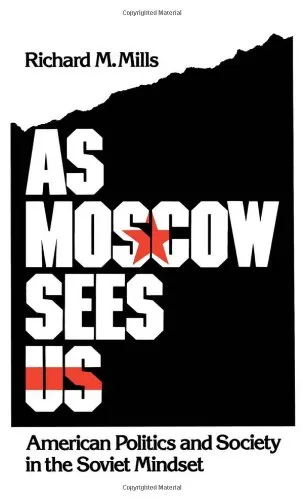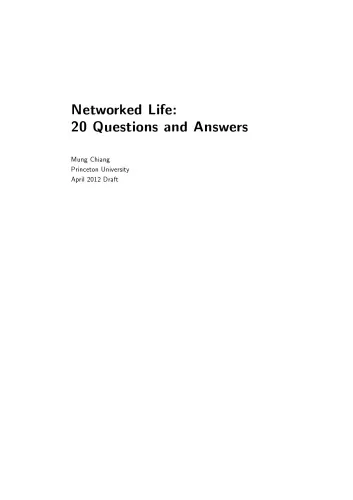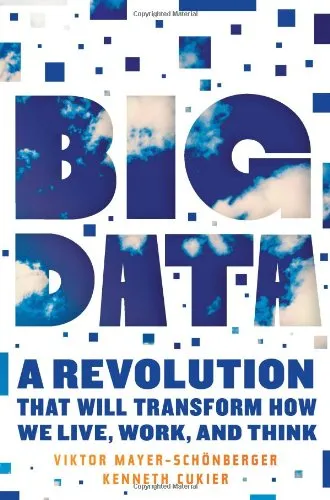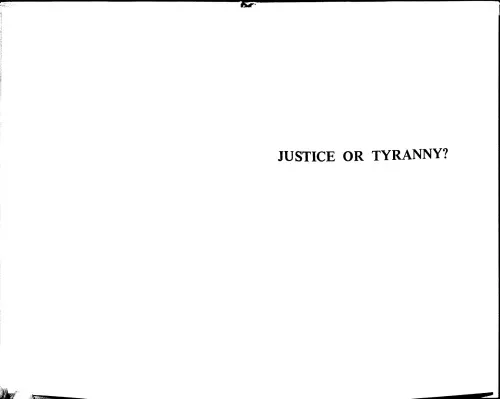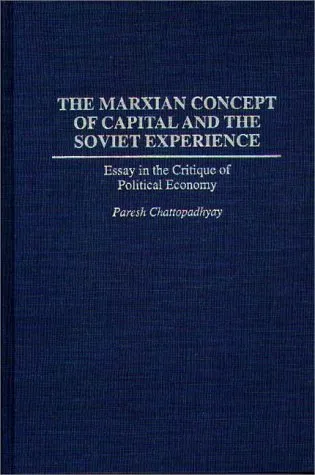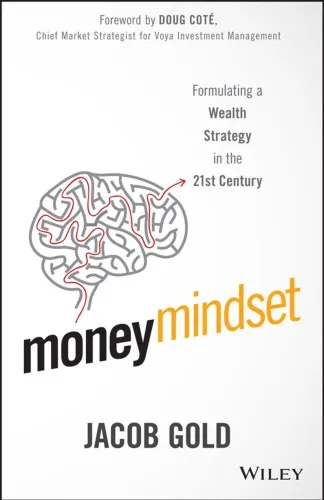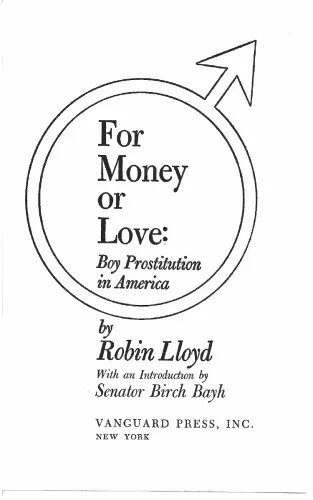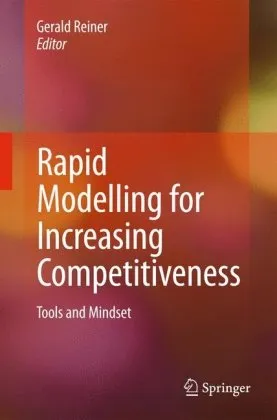As Moscow Sees Us: American Politics and Society in the Soviet Mindset
4.0
Reviews from our users

You Can Ask your questions from this book's AI after Login
Each download or ask from book AI costs 2 points. To earn more free points, please visit the Points Guide Page and complete some valuable actions.Related Refrences:
Introduction to "As Moscow Sees Us: American Politics and Society in the Soviet Mindset"
"As Moscow Sees Us: American Politics and Society in the Soviet Mindset" is a comprehensive exploration of how the Soviet Union perceived the United States during the most defining years of the Cold War. Written with meticulous research and insightful analysis, this book seeks to bridge the ideological chasm that defined the 20th century by delving deep into the psyche of Soviet political thought. It is not just a historical account but also an intellectual journey that examines the complex interplay between American values and Soviet interpretations of them.
This book unravels the underlying narratives, biases, and strategies that the Soviet Union formulated to understand and sometimes counteract the political, social, and cultural structures of the United States. Through political speeches, propaganda analysis, internal government records, and interviews with policymakers of the era, the work shines a light on how deeply the rhetoric and ideology of American democracy influenced Soviet policymaking and what the "American Dream" represented in the eyes of Moscow's elite.
The goal of this book is not just to recount history but also to serve as an intellectual lens for understanding the rivalries that continue to persist in today's geopolitics. The Soviet-American relationship, though now evolved, has left lasting imprints on global affairs. This work offers a rare opportunity to see that relationship from the Soviet mindset—a perspective often missing in Western narratives.
Detailed Summary of the Book
Divided into several analytical chapters, "As Moscow Sees Us" begins by describing the initial Soviet impressions of America in the aftermath of World War II. It traces a trajectory from the collaborative optimism of the wartime alliance to the adversarial positioning that characterized much of the Cold War.
The book covers key themes of American society that fascinated and confounded Soviet thinkers: democracy, capitalism, race relations, individualism, and the media. Each chapter examines how Soviet propagandists and policymakers constructed a narrative around these aspects to shape public opinion at home and justify policies abroad. By piecing together archival material, the book demonstrates how Soviet depictions of America revealed as much about the USSR's internal insecurities as they did about their understanding of the U.S.
The concluding sections discuss how these perceptions subtly shifted over decades—from outright hostility in the early Cold War to a more nuanced, if still critical, acknowledgment of American strengths. By doing so, the book situates these shifts in the broader context of Soviet-American diplomacy and underscores their relevance for modern interpretations of international politics.
Key Takeaways
- The Soviet Union’s understanding of America was shaped not just by direct observation but also by ideological constructions rooted in Marxist-Leninist frameworks.
- Key themes such as economic inequality, civil rights movements, and the spectacle of consumerism played a pivotal role in Soviet critiques of the United States.
- Ideological propaganda was used as both a mirror to critique American society and a shield to justify Soviet policies.
- Some aspects of Soviet perceptions evolved over time, reflecting shifts in geopolitics and internal challenges within the USSR.
Famous Quotes from the Book
"The United States served as both an enemy at the gates and a distant ideal—a paradox that Moscow’s leaders grappled with in their construction of Soviet identity."
"America, with its towering skyscrapers and relentless pursuit of progress, was a haunting specter of possibility and danger in the Soviet imagination."
"To understand Soviet perceptions of America is to understand the Soviet Union itself—its fears, its aspirations, and its ultimate unraveling."
Why This Book Matters
In an era where global tensions between nations persist, understanding the historical backdrop of propaganda, mistrust, and ideological rivalries between superpowers is essential. This book breaks new ground by illustrating the Soviet perspective, offering readers an alternative view to predominantly Western narratives of the Cold War. By examining the "Soviet gaze," the book also challenges readers to think critically about the biases and cultural lenses through which nations perceive one another.
Furthermore, "As Moscow Sees Us" is not merely an exercise in historical reflection; it provides insights that resonate in today’s world, helping readers grapple with questions of international relations, cultural diplomacy, and ideological divides. By situating the reader at the crossroads of two opposing systems, the book encourages a dialogue that transcends the boundaries of time and politics.
In the end, "As Moscow Sees Us" stands out as a vital resource for historians, political scientists, policymakers, and anyone intrigued by the enduring complexities of U.S.-Russia relations.
Free Direct Download
You Can Download this book after Login
Accessing books through legal platforms and public libraries not only supports the rights of authors and publishers but also contributes to the sustainability of reading culture. Before downloading, please take a moment to consider these options.
Find this book on other platforms:
WorldCat helps you find books in libraries worldwide.
See ratings, reviews, and discussions on Goodreads.
Find and buy rare or used books on AbeBooks.
1280
بازدید4.0
امتیاز0
نظر98%
رضایتReviews:
4.0
Based on 0 users review
Questions & Answers
Ask questions about this book or help others by answering
No questions yet. Be the first to ask!
